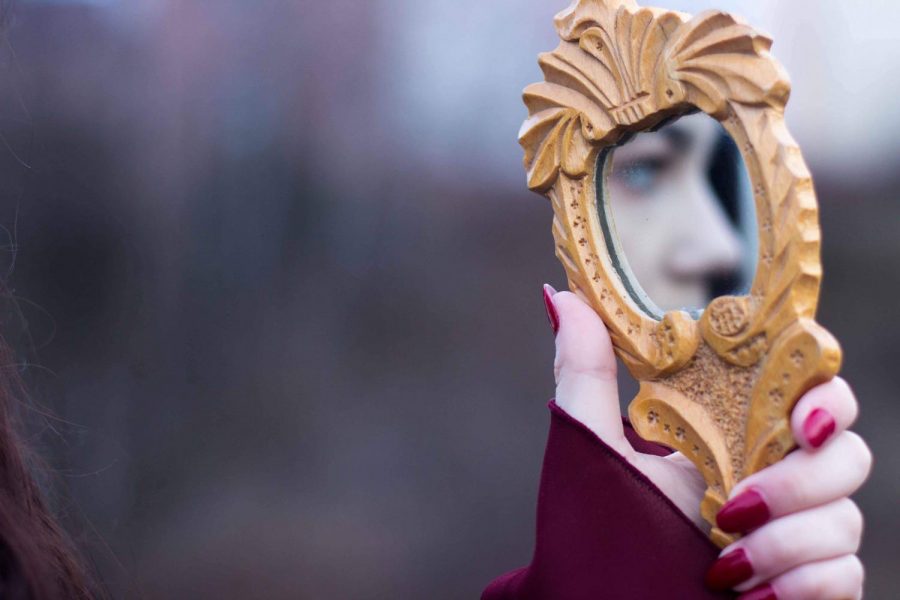You’re Not Good Enough
December 14, 2020
I have been working on this for the past week and I can’t manage to get it right. I was so happy with my idea; so excited that I got to put my editorial in the school newspaper. I had something to say with my voice; I had a cause. I put my words on paper and I lost it. It’s never good enough. Everybody here is so smart… I feel like I know nothing compared to literally everyone else. I don’t belong here! My ideas aren’t as good as others’. I’m not good enough!
Does this sound familiar? If not… how do you do it? I’m going to assume that you’re an alien. If not, you’re too good for humanity; you should be an alien. Earth shouldn’t have such confident people because they are going to make everybody else feel worse than they already do. Obviously, I’m joking about the alien… unless…? Never mind, ignore my wild imagination.
So, in case you’re not an alien and you are, in fact, human, you may recognize the discouragement, fear and lack of confidence in what you do and who you are. At least once in your life you felt like you weren’t good enough. That is completely normal.
Insecurity and anxiety work through all of us. Your role models, the heroes from history, or all the scientists you’re taught about in school questioned themselves. They are still humans and that means they had no idea what they were doing multiple times during their intellectual existence.
In the New York Times Bestseller and Pulitzer Prize winner “The Sixth Extinction – An Unnatural History” by Elizabeth Kolbert, Kolbert presents the story of scientists discovering the concept of extinction, fossils and other marks left behind by the passage of time. These scientists have absolutely no idea what to start with and they make multiple mistakes. The best part is that you get a different perspective on their human condition experiences; they have fears, insecurities and they question themselves.
Through the pages, you can feel the insecurity in Darwin’s words from the beginning of his career. He wasn’t completely confident in himself, but he still managed to make discoveries that shaped the world we live in: “One second of time conveys to the mind a strange idea of insecurity, which hours of reflection could never create.”
As multiple studies from universities around the world have already demonstrated, the Self-Perception Theory asserts that it is possible to rely upon external cues or behaviors to infer people’s inner states. If someone invalidates your feelings, you’ll become even more self-conscious about yourself and, as it continues, about everything you do and all the things you’re creating. Meaning, if somebody pokes at your self-esteem now, the negative effects can be felt in the long term.
Some might say that publicly admitting you’re not perfectly confident in yourself makes you an attention seeker. Think of your friend who tends to talk down on themselves. It’s an old, outdated mentality. We’re living in 2020. Secondly, they say you’re doing it only to have someone compliment and validate you when that couldn’t be further from the case.
Little do they know, no one else is sharing their negative thoughts. The voice in their head is society with its standards and the rules that come to mind whenever a decision needs to be made. When people don’t believe the feelings you share with them, it’s not about you — think about it like this: If you’re happy and you’re having an amazing time, you wouldn’t go out of your way to deny other people’s feelings. You would probably move on and enjoy your life.
You’re the worst critic of yourself. You fault everything you do, and you believe too little of yourself. You’re not confident in your decisions, and you fail exactly because of that. You think nothing is good enough, so you stop yourself from improving, for working and actually getting good at it. Nobody has any idea what they are doing. Don’t be so hard on yourself. Everyone has their own reality. Do your best to make sure your reality is a nice place to live in.


